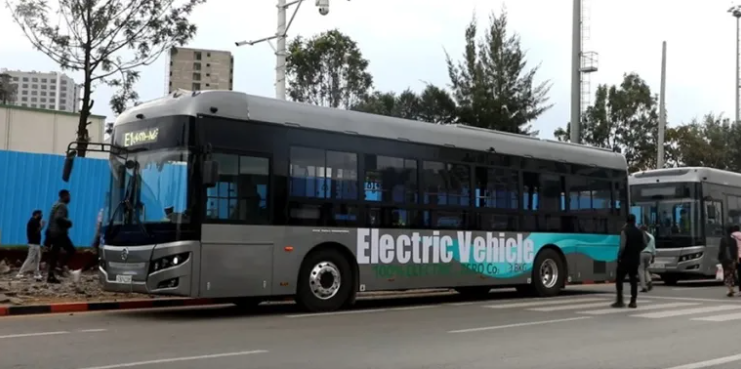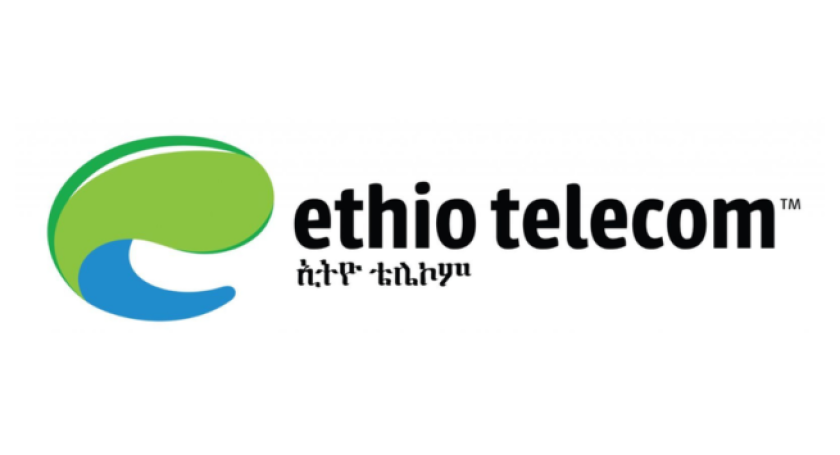The Addis Ababa City Administration on April 1 introduced 100 electric buses to enhance a sustainable public transport system. This project is part of Ethiopia’s larger initiatives to modernise urban mobility, lower carbon emissions, and lessen dependency on fossil fuels.
The electric buses, which were unveiled by the Addis Ababa City Administration on Tuesday, are intended to offer a more effective, comfortable, and sustainable substitute for conventional transportation.
Inclusion of prepaid card system for easy payments
The buses are poised to revolutionise urban commutes in Ethiopia’s capital thanks to their state-of-the-art service features, which include a prepaid card system for easy payments.
By deploying the fleet along multiple routes, accessibility will improve, and dependency on fossil fuels will decrease. The project complements Ethiopia’s larger initiatives to support renewable energy sources and reduce the city’s infamous traffic.
Adanech Abebe, the mayor of Addis Ababa City, Alemu Sime (PhD), the minister of transport and logistics, and other high-ranking federal and local officials attended the launch ceremony.
Read also: Buy Now, Pay Later: Genus Inverters offer affordable power amid Nigeria’s blackouts
Ethiopia’s efforts to facilitate transition to electric vehicles
To facilitate the shift to electric vehicles, the Ethiopian government has put in place several initiatives. With a focus on environmental responsibility and passenger comfort, the Transport and Logistics Ministry launched more than 30 electric buses in Addis Ababa in April 2024. Plans to purchase 100 electric city buses were also revealed, demonstrating the dedication to creating a green economy.
To lessen dependency on imports, the government has also started building public charging stations and is looking into producing EV batteries domestically. There are still issues, though, such as the lack of adequate infrastructure for charging and the requirement for qualified mechanics to service electric vehicles.
The new fleet of electric buses have integrated Fare Collection System and Intelligent Transportation System technologies and were put together by the local company Belayneh Kindie Metal Engineering Complex using parts imported from China.
Over 100,000 electric vehicles are currently in use nationwide, and the government plans to replace 95 percent of fuel-powered vehicles with electric vehicles by the end of the year 2025, according to the Ethiopian Ministry of Transport and Logistics.
The Ethiopian government banned the import of petrol and diesel vehicles early last year in response to a global spike in fuel prices in an effort to hasten the transition to electric mobility.
















На этом сайте вы можете испытать широким ассортиментом игровых автоматов.
Слоты обладают яркой графикой и увлекательным игровым процессом.
Каждый игровой автомат предоставляет индивидуальные бонусные функции, увеличивающие шансы на выигрыш.
1win
Слоты созданы для игроков всех уровней.
Вы можете играть бесплатно, и потом испытать азарт игры на реальные ставки.
Испытайте удачу и насладитесь неповторимой атмосферой игровых автоматов.